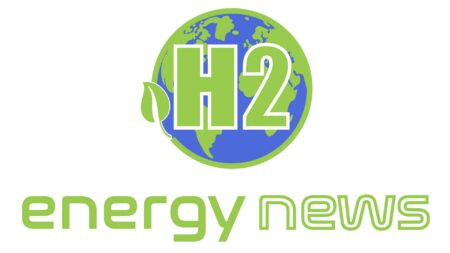Europe is set to kick off its first-ever auction, with a staggering $800 million allocated for the cause. The European Commission’s announcement, disclosing the terms and conditions of this milestone event, underscores the region’s commitment to renewable hydrogen.
Browsing: EU
European Commission-delegated Regulations defining the legal framework for renewable hydrogen have come into force.
Uniper has got a positive assessment of its grant application for the H2Maasvlakte project under the EU Innovation Fund, marking a significant step towards the realization of a 100 MW green hydrogen plant.
During the recent EU-CELAC Summit of Heads of State and Government, the European Investment Bank (EIB) took a significant step in supporting Chile’s clean energy transition.
The European Union (EU) and Uruguay have taken a significant step forward in their collaboration to advance the clean energy transition.
The European Commission has allocated a substantial investment of $3.6 billion to support 41 large-scale cleantech projects through the EU Innovation Fund.
In a recent statement, Miguel Stilwell, the CEO of Portugal’s main utility EDP, criticized the European Union’s ambitious targets for green hydrogen production by 2030, deeming them inflated and unrealistic. Stilwell cited regulatory uncertainty and slow progress in the sector as major hurdles to achieving these goals.
India is actively engaging in discussions to supply more than 11 metric tons of green hydrogen annually to Singapore and the European Union (EU), signaling its commitment to become a major green hydrogen exporter. In return, the two countries are expected to invest in India’s green energy projects.
The European Commission (EC) recently defined the parameters under which hydrogen, hydrogen-based fuels, or other energy carriers can be acknowledged as renewable fuels of non-biological origin (RFNBOs).
Argentina’s aspirations in the green hydrogen sector have received a significant boost with the announcement that its renewable hydrogen industry is poised to benefit from a portion of the €10 billion ($10.9 billion) mega-fund allocated by the European Union (EU) to develop sustainable supply chains in Latin America and the Caribbean.



